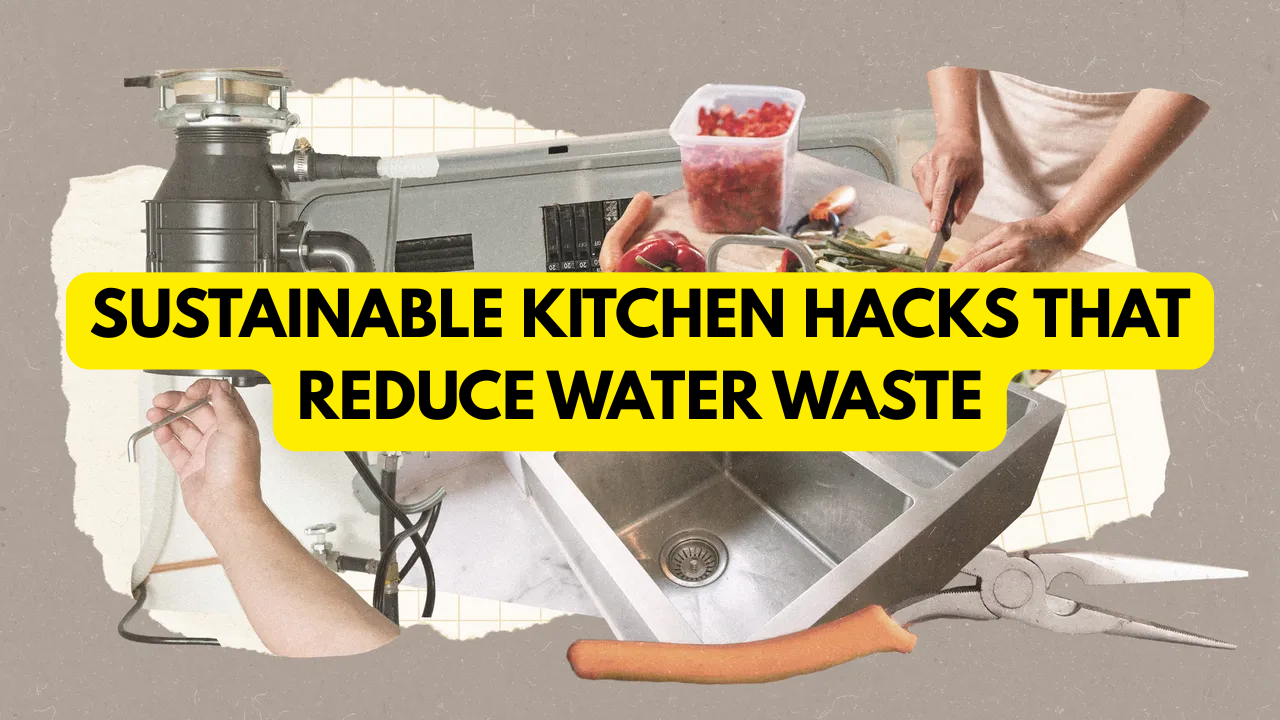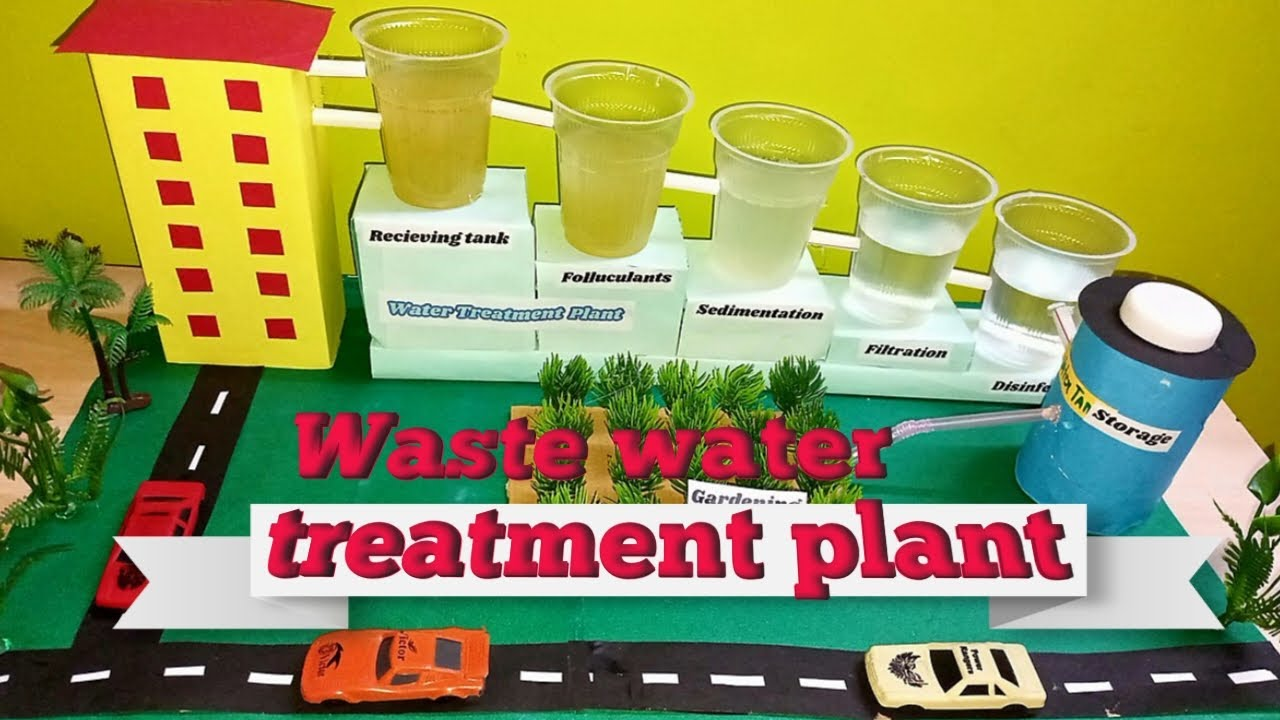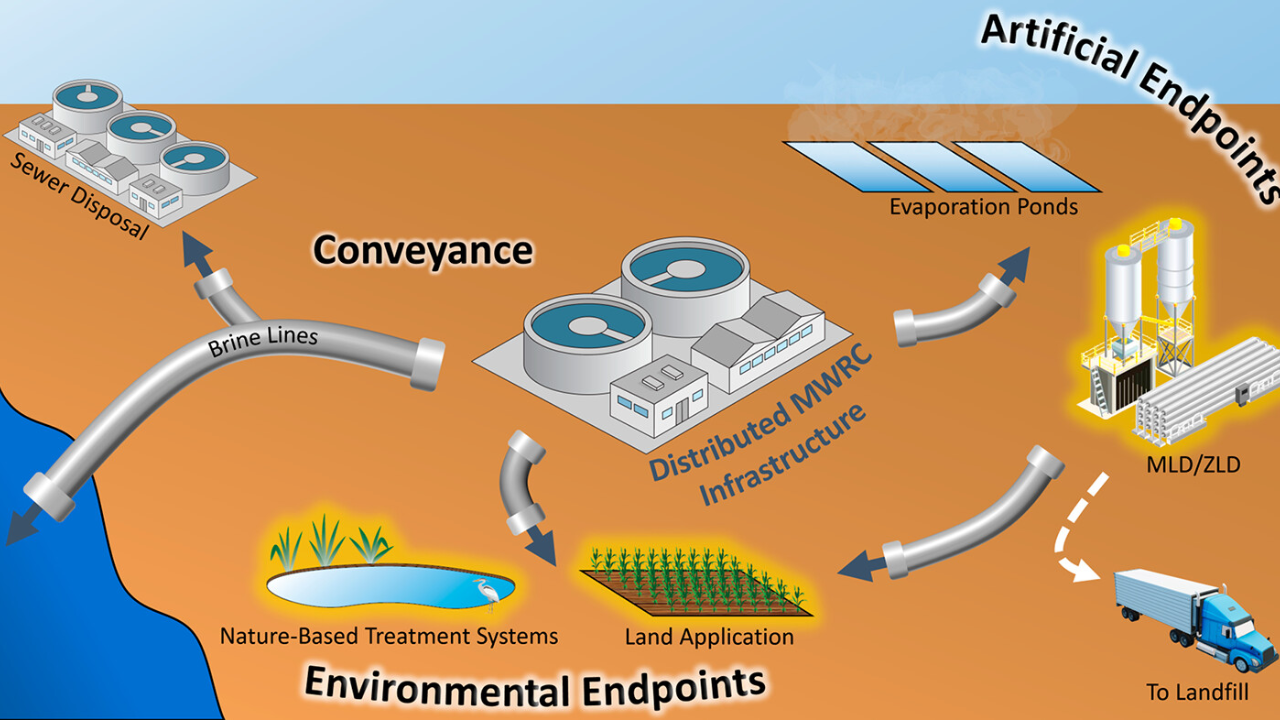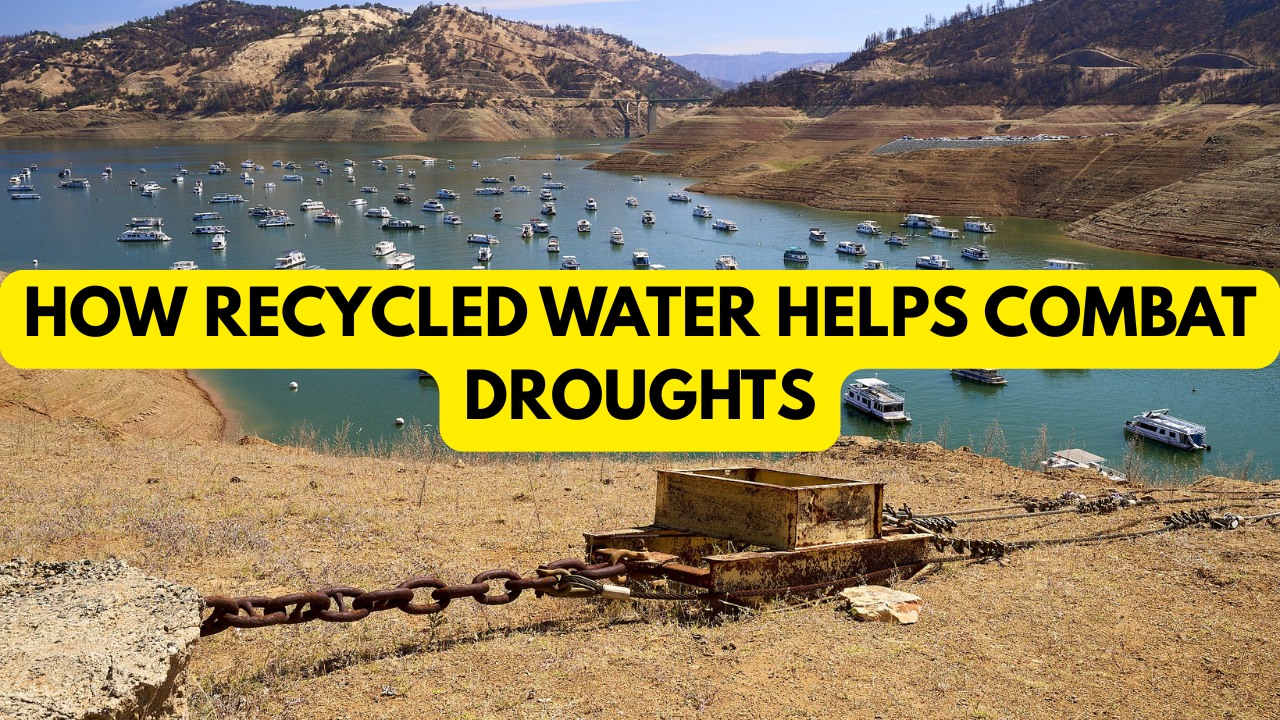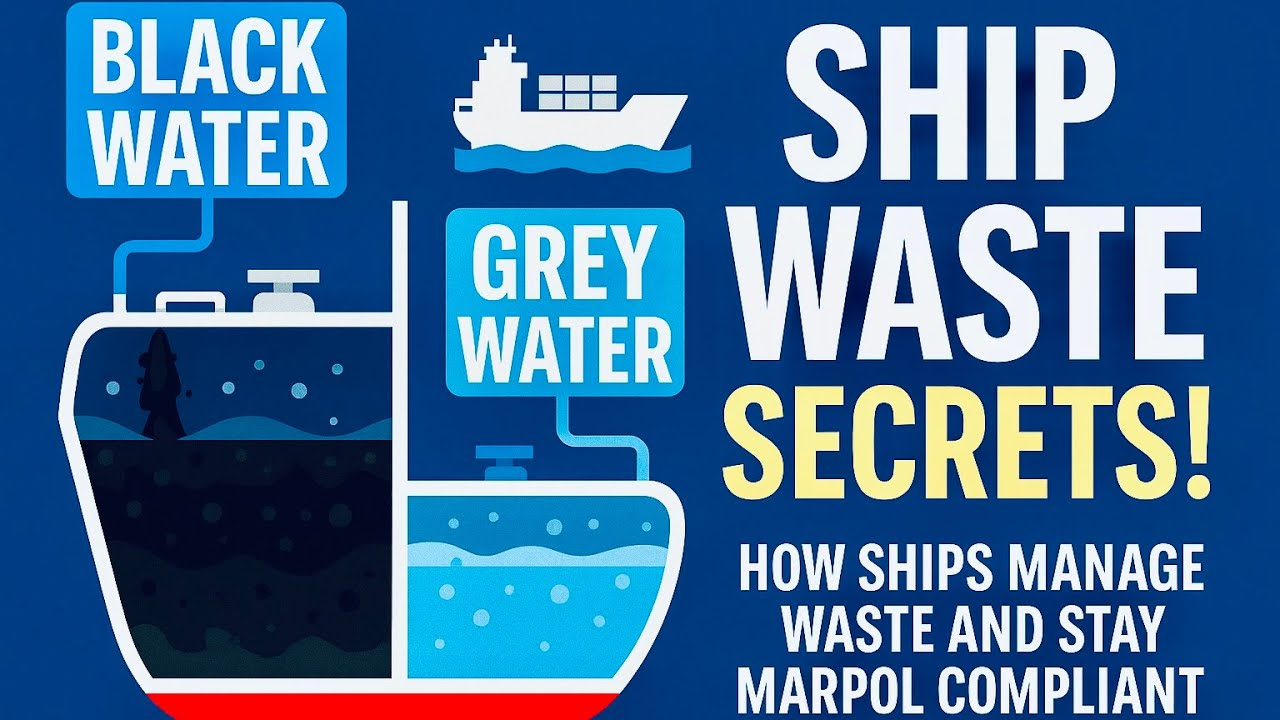Sustainable Kitchen Hacks That Reduce Water Waste
The kitchen is the heart of every home—but it’s also one of the biggest sources of water waste. From rinsing vegetables under running taps to leaving dishwashers half-empty, our daily cooking and cleaning habits quietly consume gallons of water. Luckily, small adjustments in the kitchen can lead to massive savings for both the planet and … Read more

